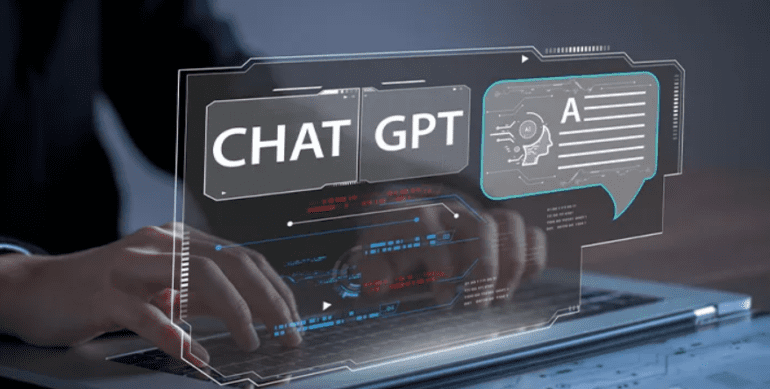TL;DR:
- Research highlights ChatGPT’s precision but low recall rate in identifying smart contract vulnerabilities.
- A study by Salus Security assesses GPT-4’s performance in auditing smart contracts.
- ChatGPT detected seven vulnerabilities with over 80% precision but had a recall rate as low as 11%.
- Findings emphasize ChatGPT’s role as an auxiliary tool, not a standalone auditing solution.
- Integration with traditional auditing methods and human expertise is crucial for robust smart contract security.
Main AI News:
A recent study sheds light on the limitations of ChatGPT in detecting vulnerabilities within smart contracts, cautioning against its use as a standalone auditing tool. Researchers from blockchain security firm Salus Security examined the capabilities of GPT-4, OpenAI’s cutting-edge large language model (LLM), in scrutinizing smart contract code.
While ChatGPT demonstrates commendable precision in identifying certain vulnerabilities, the study underscores a significant drawback: its recall rate falls perilously short of effective smart contract auditing. Despite detecting seven types of vulnerabilities with over 80% precision, its recall rate, measuring its ability to correctly identify vulnerabilities within the dataset, languishes as low as 11%.
In assessing eight sets of smart contracts injected with 18 types of vulnerabilities, the researchers aimed to gauge ChatGPT’s capacity to emulate a professional auditor. However, the findings reveal a concerning gap in its ability to comprehensively uncover vulnerabilities, indicating a reliance on ChatGPT alone for auditing purposes is ill-advised.
Precision, representing the ratio of true positives to the sum of true positives and false positives, highlights ChatGPT’s adeptness in pinpointing vulnerabilities accurately. Conversely, the recall rate, crucial for identifying true positives within the dataset, exposes ChatGPT’s shortcomings in capturing all vulnerabilities present.
The implications of this research suggest that while ChatGPT can serve as a valuable aid in parsing code and offering vulnerability suggestions, it falls short as a standalone auditing solution. The study recommends integrating ChatGPT as an auxiliary tool alongside traditional auditing methods and experienced auditors, emphasizing the indispensable role of human expertise in ensuring robust smart contract security.
Conclusion:
The research underscores the evolving landscape of AI in software development. While ChatGPT offers assistance in smart contract auditing, its limitations indicate the continued necessity for human oversight and the integration of established auditing practices. This suggests a growing market for hybrid approaches combining AI capabilities with human expertise to ensure comprehensive security measures in digital asset management.

